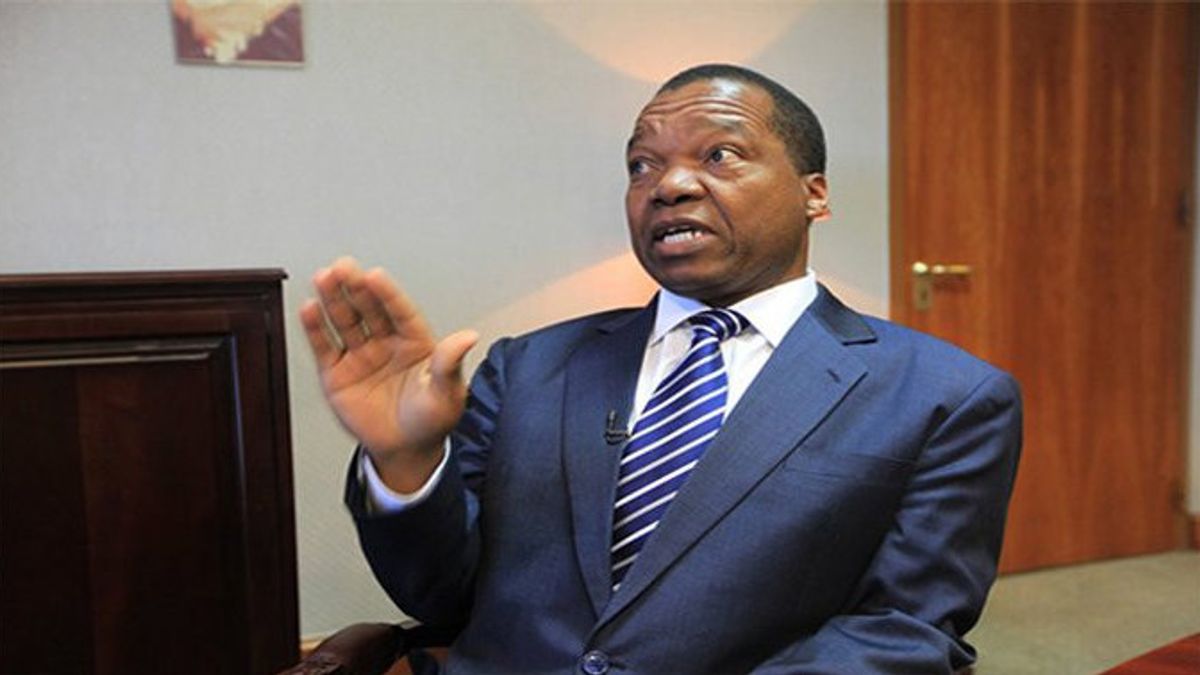JAKARTA - Zimbabwe's Central Bank has sold gold-backed digital tokens worth 14 billion Zimbabwe dollars (around Rp577 billion), despite warnings from the International Monetary Fund (IMF).
On May 12, Zimbabwe's central bank announced that it had received 135 apps worth a total of 14.07 billion Zimbabwe dollars to buy gold-backed cryptocurrencies.
According to XE.com, Zimbabwe's official dollar exchange rate is 362 Zimbabwe dollars for one US dollar, but much higher on the black market, making the total worth about 38.9 million US dollars.
The crypto token, which was first introduced in April, was backed by 139.57 kilograms of gold, and sales took place from 8 to 12 May.
The token is sold for a minimum of 10 US dollars (IDR 157 thousand) for individuals and 5,000 US dollars (IDR 74 million) for companies and other entities. The minimum detention period for these tokens is 180 days, and they can be stored in e-gold wallets or e-gold cards.
The move comes as part of efforts to stabilize the country's economy and address the continued depreciation of local currencies against the US dollar.
The second phase of digital token sales will be carried out, and the central bank has asked for the application to be submitted this week with transaction settlements on May 18. According to local media, RBZ Governor Dr. John Mangudya commented on this:
"The issuance of digital tokens supported by gold is intended to expand the value-priced instruments available in the economy and increase the breakdown of investment instruments and expand access and use by the public," said Mangudya, quoted by Cointelegraph.
The move follows warnings from the IMF against the African country's plans for a gold-backed currency, arguing the country should free up its foreign exchange market, Bloomberg reported on May 9.
"A careful assessment should be made to ensure the benefits of this step outweigh potential costs and risks, including for example the risk of macroeconomic and financial stability, legal and operational risks, governance risks, costs of neglected foreign exchange reserves," an IMF spokesperson told Bloomberg.
Zimbabwe has been battling currency volatility and inflation for more than a decade. In 2009, the country adopted the United States dollar as its currency after a hyperinflation period that made local currencies worthless.
Zimbabwe dollars were later re-introduced in 2019 to restore the local economy, but volatility is back.
The English, Chinese, Japanese, Arabic, and French versions are automatically generated by the AI. So there may still be inaccuracies in translating, please always see Indonesian as our main language. (system supported by DigitalSiber.id)













